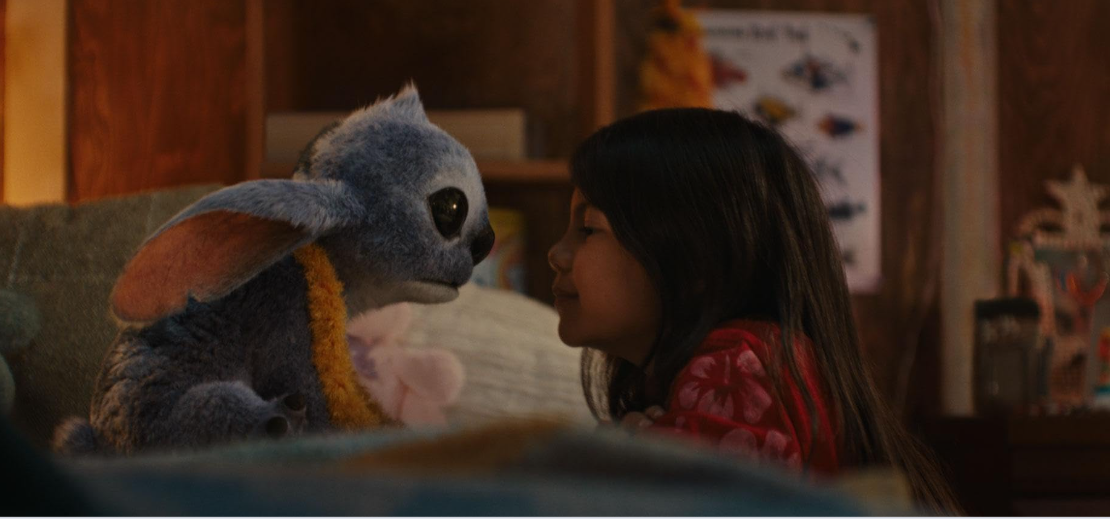By Olivia Ritter ’17

In late May, the world erupted in a fit of activism in response to the killing of Harambe, a 450-pound gorilla, after he dragged a 3-year-old boy across his enclosure at the Cincinnati Zoo.
In the summer, the sensation shifted from anti-zoo activism into fanatic tributes and accolades for Harambe. Followers began the craze by collecting signatures for online petitions to build a Harambe statue, put Harambe’s face on the $50 bill and change the name of Cincinnati to “Harambe City.” Some went so far as to vote for Harambe in a presidential poll in Texas.
This and many other calls for justice for the fallen gorilla made #RIPHarambe go viral.
The devotion to Harambe’s memory has not excluded students at West Essex. “Obviously this was the most tragic death in the history of any American animal ever,” senior Margaret Ribardo said.
Students have even decorated their cars with the coined slogan of the Harambe movement, “Do ’17 for Harambe.”
The junior class put together a petition to incorporate the gorilla into their shirt for spirit day, an idea that was quickly denied.
Harambe is not the first meme to blow up during the summer. Last year, you couldn’t scroll through Twitter without seeing that “Why you always lying?” video at least 10 times. Whether it was used as a reaction gif in someone’s rant or simply honored as the summer’s featured meme, everyone knew that video of a random guy dancing and singing, “Why you always lying?”
This video was not alone in the trail of memes that became phenomenons in the matter of days without good reason. Some highlights are the classic “Damn, Daniel,” and “The Harlem Shake,” which are remembered similarly to how the world is reacting to Harambe now.
But all of those other memes have faded. No one references that old video of that random guy dancing. No one shouts “Damn Daniel!” at someone wearing white Vans anymore. No one dances unexpectedly in inappropriate settings. These memes of the past took maybe three weeks at the most to completely disappear. Harambe has lingered.
The question remains of Harambe’s unrelenting popularity: What makes this meme different?
The events that turned the world’s attention to the gorilla occurred more than three months ago. The incessant memes and tributes have continued through the summer and into the school year. The name Harambe echoes in the school hallways and is becoming more and more of a joke.
News outlets joined the push against Harambe’s ceaseless popularity. In the middle of the summer, months after Harambe’s initial call to fame, writer Abby Ohlheiser of The Washington Post wrote, “The Internet won’t let Harambe rest in peace.” It is an absolute mystery why Harambe lives on online.
Brian Feldman of New York Magazine agrees in his editorial on the unfaltering Harambe jokes when he wrote, “The meme should have died shortly after the animal did.”
Some students are getting peeved at how Harambe is the only thing anyone seems to be concerned about. “I can’t believe we’re still talking about this,” junior Alex Apito said. Is a dead gorilla really the most important thing that demands our attention?
The topic that started out as a serious cry against animal cruelty has completely evolved and become a relentless sensation. Will we be talking about Harambe until Christmas?



